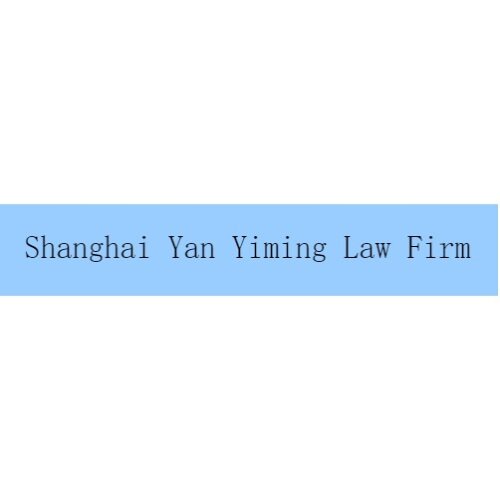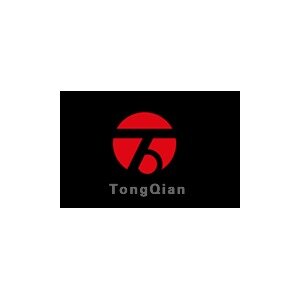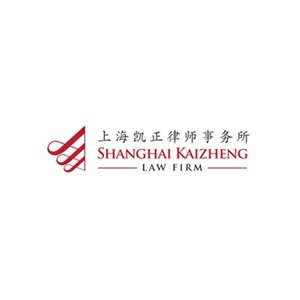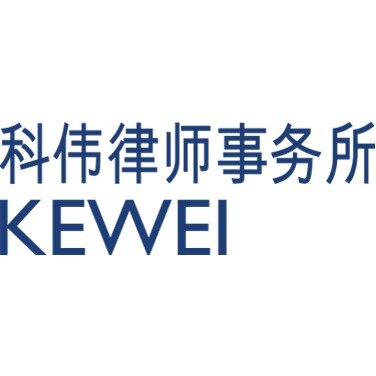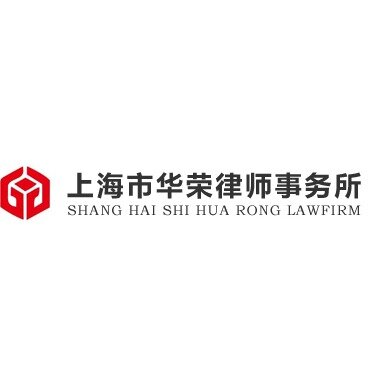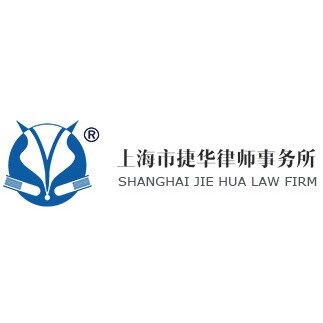Best Energy Regulatory Law Lawyers in Shanghai
Share your needs with us, get contacted by law firms.
Free. Takes 2 min.
List of the best lawyers in Shanghai, China
About Energy Regulatory Law in Shanghai, China
Energy Regulatory Law in Shanghai is a specialized field that governs the production, distribution, and consumption of energy, including electricity, natural gas, oil, renewable resources, and emerging energy technologies. As one of China’s most developed cities and a leading economic center, Shanghai implements both national and local regulations to ensure energy security, promote sustainable development, and encourage technological innovation in line with China’s broader energy policy objectives. The regulatory framework integrates a mix of incentives, compliance requirements, and environmental standards, enforced by local regulatory authorities.
Why You May Need a Lawyer
Legal professionals with expertise in Energy Regulatory Law play a vital role in helping individuals, corporations, and foreign investors navigate Shanghai’s complex regulatory environment. You may need a lawyer for various reasons:
- To obtain or renew energy-related permits or licenses
- To ensure compliance with changing environmental and safety standards
- To negotiate and draft energy contracts or joint venture agreements
- To resolve disputes with energy suppliers, regulators, or business partners
- To manage due diligence in mergers or acquisitions involving energy assets
- To interpret new reforms or pilot policies in the Shanghai Free Trade Zone
- To represent your interests in regulatory investigations or administrative hearings
- To advise on carbon trading, energy efficiency requirements, and renewable energy incentives
Consulting a lawyer helps ensure your projects and operations comply with relevant laws, avoid costly penalties, and facilitate smoother business transactions in the evolving energy sector.
Local Laws Overview
The energy regulatory landscape in Shanghai is shaped by national laws, such as the Energy Law, the Electricity Law, Law on the Prevention and Control of Air Pollution, and the Renewable Energy Law, as well as by local regulations and implementing rules specifically tailored to Shanghai’s needs. Critical aspects include:
- Licensing and Permits: All energy production, transmission, and distribution activities require licenses from local regulatory authorities, often involving technical, financial, and environmental assessments.
- Environmental Compliance: Stringent emission controls and eco-friendly standards, with special initiatives for green buildings and low-carbon development in line with Shanghai’s sustainability goals.
- Tariffs and Pricing: Electricity and gas tariffs are regulated, with mechanisms for periodic adjustments based on policy objectives and market trends.
- Foreign Investment: The Shanghai Free Trade Zone offers pilot policies for foreign investment in energy, but with sector-specific restrictions and regulatory oversight.
- Dispute Resolution: Commercial and regulatory disputes are generally handled by administrative agencies first. Complex cases may escalate to local courts or arbitration panels familiar with energy sector issues.
- Renewable Energy: Shanghai encourages the development and integration of solar, wind, and other renewable energy through subsidies and grid access guarantees.
Frequently Asked Questions
What agencies regulate the energy sector in Shanghai?
The main regulatory bodies include the Shanghai Municipal Development and Reform Commission, the Shanghai Energy Regulatory Office of the National Energy Administration, and the Shanghai Municipal Bureau of Ecology and Environment, each with specific roles in licensing, compliance, and enforcement.
Do I need a local partner for energy investment projects?
In many cases, especially for certain types of energy infrastructure or for foreign investors, a local partner or joint venture may be required or advisable due to regulatory constraints and local expertise.
How do I obtain an energy license or permit?
You must apply through relevant local departments, providing technical documentation, environmental impact assessments, and demonstrating financial capacity. The process varies depending on the type and scale of your project.
Are there special incentives for renewable energy projects in Shanghai?
Yes. Shanghai offers various financial incentives, tax breaks, and priority grid access for solar, wind, and other renewable projects, particularly for those contributing to sustainability targets.
How is energy pricing regulated?
Prices for electricity, gas, and other energy commodities are set by the government with periodic adjustments. Certain pilot programs in Shanghai also test market-oriented pricing mechanisms.
What are the main compliance obligations for energy companies?
Companies must comply with environmental standards, safety regulations, reporting requirements, and licensing terms. Regular inspections and audits are conducted by authorities.
What are the penalties for non-compliance?
Penalties may include fines, suspension or revocation of licenses, remediation orders, and in severe cases, criminal liability for responsible individuals.
How can disputes with regulators or other energy companies be resolved?
Most disputes begin with administrative review. If unresolved, parties may appeal to courts or seek arbitration under Shanghai’s recognized dispute resolution mechanisms.
Can foreign companies participate in energy trading or carbon markets?
Subject to certain restrictions and regulatory approvals, foreign companies may participate in energy trading and the carbon market, especially in the Shanghai ETS (Emissions Trading Scheme).
Where can I find the latest legal updates and reforms in the energy sector?
Official announcements are published by regulatory agencies, and legal professionals can monitor new laws and interpretive guidelines relevant to Shanghai’s energy industry.
Additional Resources
If you need further information or assistance, the following resources can be valuable:
- Shanghai Municipal Development and Reform Commission
- Shanghai Energy Regulatory Office (National Energy Administration)
- Shanghai Municipal Bureau of Ecology and Environment
- China Electricity Council
- Shanghai Commercial Mediation Center
- Relevant law firms with energy practice groups specializing in regulatory and compliance issues
Next Steps
If you require legal assistance in Energy Regulatory Law in Shanghai, consider the following steps:
- Identify your specific legal needs, such as licensing, compliance, or dispute resolution.
- Gather any relevant documents or information regarding your business or project.
- Consult with a qualified energy regulatory lawyer or law firm familiar with Shanghai’s regulatory environment.
- Discuss your situation, possible strategies, and the best course of action to ensure compliance and protect your interests.
- Stay updated with the latest developments by subscribing to professional bulletins or regulatory announcements in the energy sector.
Prompt legal guidance can help you avoid pitfalls, manage risks effectively, and achieve a successful outcome in all energy-related matters in Shanghai.
Lawzana helps you find the best lawyers and law firms in Shanghai through a curated and pre-screened list of qualified legal professionals. Our platform offers rankings and detailed profiles of attorneys and law firms, allowing you to compare based on practice areas, including Energy Regulatory Law, experience, and client feedback.
Each profile includes a description of the firm's areas of practice, client reviews, team members and partners, year of establishment, spoken languages, office locations, contact information, social media presence, and any published articles or resources. Most firms on our platform speak English and are experienced in both local and international legal matters.
Get a quote from top-rated law firms in Shanghai, China — quickly, securely, and without unnecessary hassle.
Disclaimer:
The information provided on this page is for general informational purposes only and does not constitute legal advice. While we strive to ensure the accuracy and relevance of the content, legal information may change over time, and interpretations of the law can vary. You should always consult with a qualified legal professional for advice specific to your situation.
We disclaim all liability for actions taken or not taken based on the content of this page. If you believe any information is incorrect or outdated, please contact us, and we will review and update it where appropriate.



